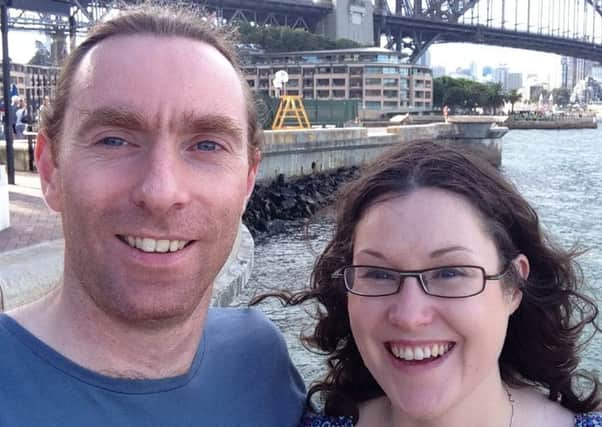Air ambulance will save lives, says friend of '˜flying doctor' John Hinds


David McCallister, honorary secretary of the Motorcycle Union of Ireland’s Ulster Centre, had known the doctor for over a decade, as he volunteered to provide health support at races.
He said that across the whole island of Ireland in about the last two years, he is aware of three occasions where people have had to be airlifted to hospital from races – including a spectator at last year’s North West 200.
Advertisement
Hide AdAdvertisement
Hide AdAt present there is a helipad at Musgrave Park Hospital in south Belfast, where patients can be landed and transferred to the nearby Royal Victoria Hospital.
However, Mr McCallister said that Northern Irish patients now rely on helicopters summoned from Sligo or Scotland.
He estimated the number of people who owe Dr Hinds their life is already “in the hundreds” – and now he is convinced that the new Belfast-based flying service will save yet more lives.
“I think he would be more than well pleased after all the campaigning he’d done for it,” said the 72-year-old retired painter and decorator.
Advertisement
Hide AdAdvertisement
Hide Ad“It was a passion of his. Not only for the motorcycling world but for the public in general.”
He lives close to Dr Hinds’ family home in Portaferry, and said that he remains “well thought of” in the town, despite having left it some time ago.
Asked the effect it will have on the racing community, he said: “It’ll make a big, big difference.”
However, in the case of Dr Hinds’ own crash last July, Mr McCallister feels that a flying ambulance would not have made much of a difference; he was taken to Beaumont Hospital in north Dublin within around 20 minutes, but did not survive.
Advertisement
Hide AdAdvertisement
Hide AdThe British Medical Association in Northern Ireland welcomed the decision, but voiced concern that Health Minister Simon Hamilton is to look at funding the new service through charitable funds.
It said: “Although we welcome that the Department of Health will be responsible for providing sufficient funds to ensure the continuity of the service in the long term, it’s vital the helicopter emergency service should be fully funded directly by the government to ensure its sustainability.”
TUV leader Jim Allister, a long-time supporter of the flying service, said: “Today is a good news day for Northern Ireland. I have no doubt that lives will be saved as a result of this announcement.”